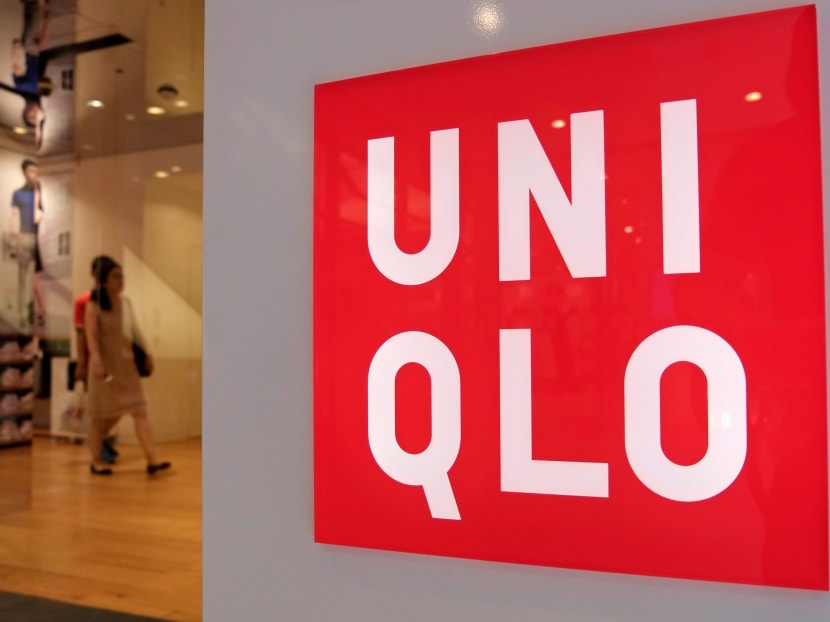How low will Uniqlo owner go after buyers spurn high prices
TOKYO — At a fashion event held in Tokyo’s Shibuya shopping district, models walked the runway showing off Uniqlo’s upcoming fall and winter line-up, including a military-inspired bomber jacket and brightly coloured down-filled coats.

Shoppers walk inside Fast Retailing's Uniqlo casual clothing store in Tokyo. Reuters file photo
TOKYO — At a fashion event held in Tokyo’s Shibuya shopping district, models walked the runway showing off Uniqlo’s upcoming fall and winter line-up, including a military-inspired bomber jacket and brightly coloured down-filled coats.
While the Fast Retailing Co owned casual wear chain didn’t announce prices Wednesday (May 25), analysts and investors will be watching to see how it will try to lure consumers who have kept purse strings so tight the company’s billionaire chairman conceded its shift to higher prices over the past year had failed.
“We are thinking of how we can sell value-added products for lowest possible price — the world is flooded with clothes without added-value,” Mr Tadashi Yanai, Japan’s richest person, reiterated when asked about Uniqlo’s pricing strategy at the sidelines of Wednesday’s event.
Despite T-shirts on sale for US$5.90 (S$8.14) and chino shorts at US$19.90 on its website, Uniqlo is struggling in Japan where cautious consumers are bracing for tougher financial times. Fast Retailing, Asia’s largest clothing retailer, has also seen its earnings overseas hurt by a stronger yen, compounded by losses in the US and China’s slowdown.
Uniqlo “will have to adjust prices to the lower side for a while until they revamp the lineup and come up with products whose value justifies higher prices,” Mr Masafumi Shoda, an analyst at Nomura Holding, said by phone ahead of the brand’s clothing preview.
Fast Retailing rose 3.9 per cent to ¥28,740 (S$359.64), the most in a month, while Muji owner Ryohin Keikaku Co gained 2 per cent by the close of trading in Tokyo. The Nikkei newspaper reported the Uniqlo competitor’s operating profit may rise to a record in the March-to-May quarter. The Topix index jumped 1.2 per cent amid a Japan stocks rally.
Muji competes with Uniqlo in casual wear, in addition to selling furniture and toiletries. A Ryohin Keikaku spokeswoman declined to comment on the report.
In Japan, Uniqlo lost some of its budget-minded consumers after the company raised prices of last year’s fall and winter wear due to rising material costs. A sales dip prompted the company to review its pricing strategy. Fast Retailing cut its operating profit forecast last month for the year ending August 2016 to ¥120 billion, down 33 per cent from its estimate in January.
Uniqlo wants to maintain a low-price strategy “because the Japanese economy is certainly not strong and people have been struggling for a long time,” Mr Yanai had said in April, when the company reported a 60 per cent decline in operating income for the second quarter and cut the full-year forecast for the second time in a year.
“Lower prices alone will be insufficient to win over shoppers,” said Bloomberg Intelligence retail analyst Thomas Jastrzab. “Uniqlo needs to make sure quality doesn’t suffer as it cuts prices. Deteriorating quality would likely increase customer defections.” BLOOMBERG





